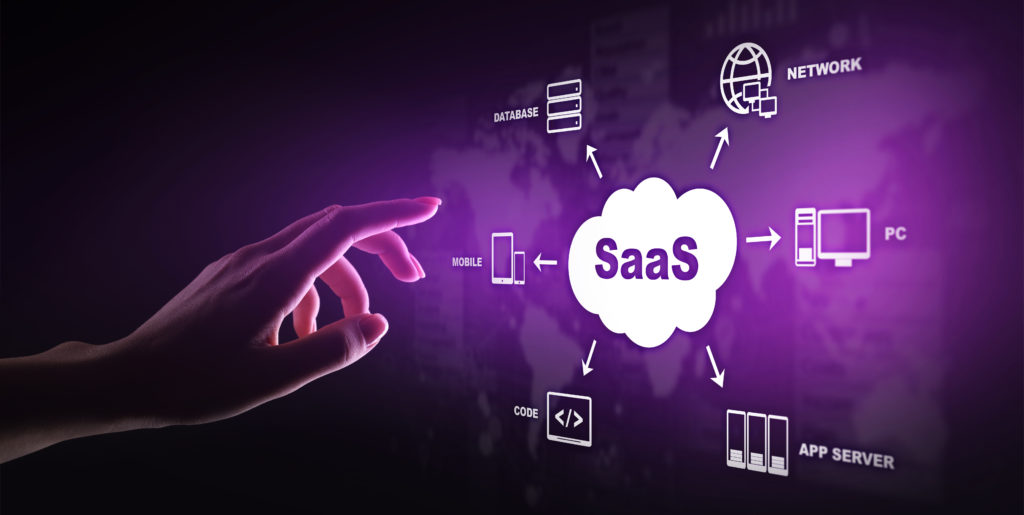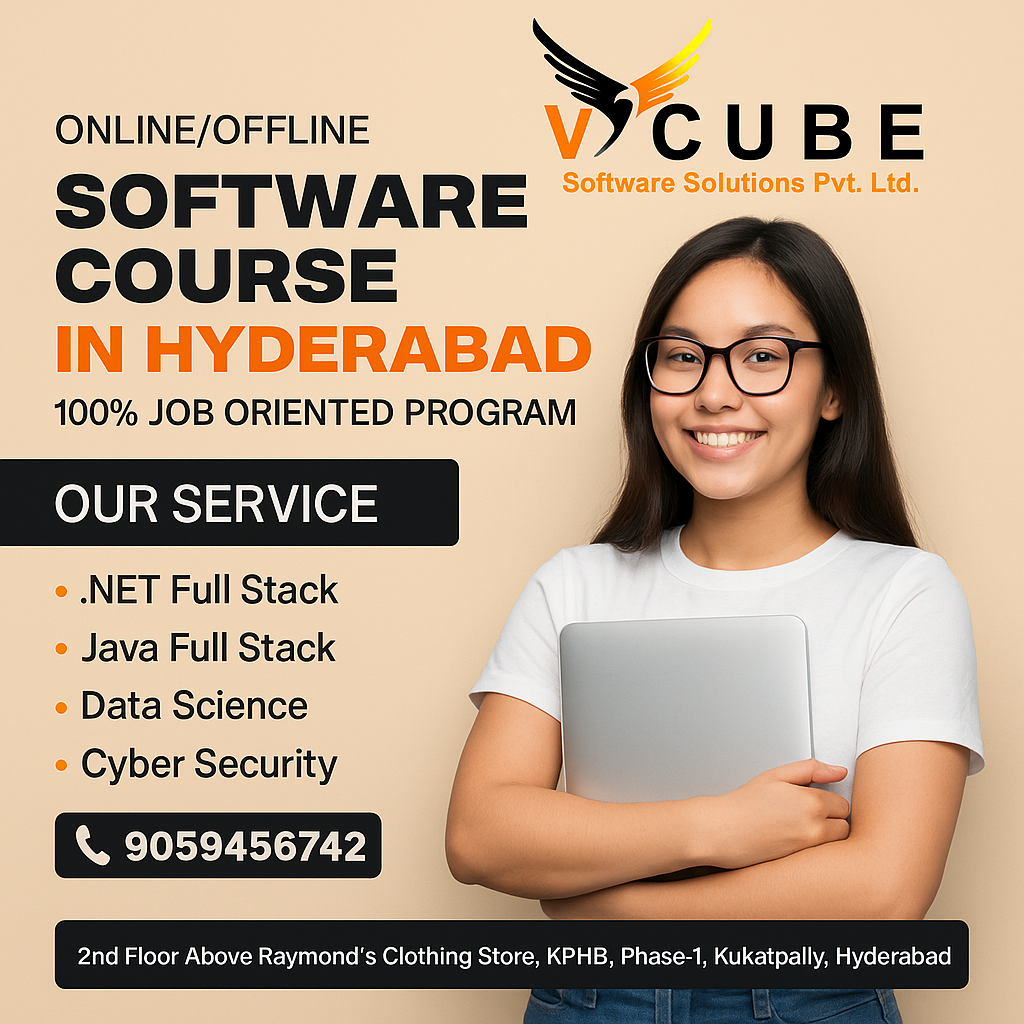The Software as a Service (SaaS) industry has evolved dramatically over the past few years. What once focused on traditional advertising now thrives on data, personalization, and community engagement. In 2025, SaaS marketers are not only promoting software they’re building ecosystems that empower customers, create loyalty, and accelerate growth.
These marketers understand that software promotion today requires agility, storytelling, and user-centric strategies. The market is crowded, the users are selective, and attention spans are shorter than ever. To stand out, SaaS brands are adopting new technologies, leveraging AI-driven insights, and experimenting with creative marketing approaches that blend automation with human connection.
The Evolution of SaaS Marketing
SaaS marketing has shifted from simple lead generation to long-term customer success. Today’s marketers focus on delivering value before asking for conversion. They create free tools, learning hubs, and interactive demos that educate users and build trust.
Modern SaaS strategies rely heavily on data analytics. Marketers track user behavior, monitor churn signals, and personalize content in real time. Artificial intelligence makes this process efficient, enabling campaigns that adapt instantly to user preferences.
However, the most successful SaaS marketers combine data precision with emotional intelligence. They know that even in a digital landscape, people buy from brands that connect with them authentically.
Data-Driven Storytelling Is the New Standard
One of the biggest trends reshaping software promotion is data-driven storytelling. Marketers now use analytics not only to target but to narrate. They turn insights into relatable stories showcasing how products solve problems or improve workflows.
For example, case studies no longer just present numbers. They focus on human outcomes: productivity, creativity, and peace of mind. Visual storytelling, video case studies, and customer-led content dominate platforms like LinkedIn and YouTube.
This approach makes SaaS marketing feel less like advertising and more like collaboration. Users engage deeply when they see themselves reflected in a brand’s narrative.
Multi-Channel Engagement and Personalization
Top SaaS marketers understand that success doesn’t come from one channel. They use multi-channel strategies to build consistent visibility across email, SEO, social media, and webinars.
Omnichannel campaigns ensure that messaging feels familiar, whether a prospect reads a tweet, watches a demo, or attends a live event. Personalization is key automation tools deliver tailored messages that match each user’s journey stage.
In 2025, personalization extends far beyond using a person’s name. It involves dynamic pricing models, adaptive email flows, and personalized in-app experiences. This level of customization increases user satisfaction and reduces churn rates dramatically.
Collaboration Between SaaS Marketers and Developers
An interesting trend shaping software promotion today is the close collaboration between SaaS marketers and developers. Marketing teams now work directly with app development companies to ensure the product aligns with market demand and user expectations.
This collaboration helps deliver a seamless product-market fit. Marketers can provide feedback based on analytics and customer reviews, while developers fine-tune features accordingly. This cycle of communication ensures that both marketing and product design evolve together, creating a more unified brand experience.
For SaaS businesses, integrating marketing feedback into development accelerates innovation and increases user satisfaction. As competition intensifies, companies that blend technical expertise with marketing insight lead the market.
Influencer Partnerships and Thought Leadership
Influencer marketing is no longer limited to lifestyle brands. In the SaaS sector, thought leaders and niche influencers play a powerful role in driving awareness and credibility.
B2B influencers from tech analysts to startup founders help shape public opinion around emerging software solutions. SaaS marketers collaborate with them to co-create webinars, podcast episodes, and live product walkthroughs.
These collaborations generate trust because audiences already value the influencer’s expertise. In an industry where decisions are data-driven and stakes are high, credibility matters more than visibility. By leveraging influencers strategically, SaaS brands can position themselves as innovators rather than advertisers.
Mobile-Centric SaaS Promotion
With the majority of users now accessing SaaS platforms via mobile devices, mobile-first marketing has become a necessity. SaaS marketers prioritize optimizing apps, landing pages, and dashboards for seamless mobile experiences.
To achieve this, many work closely with an iphone app development company to refine UX design and app responsiveness. Marketers ensure that every interaction from onboarding to checkout feels intuitive on smaller screens.
Mobile notifications, micro-interactions, and in-app engagement tools help maintain user activity. The goal is to create fluid experiences that encourage users to return daily, improving both retention and lifetime value.
AI-Powered Automation and Predictive Marketing
Artificial intelligence continues to redefine SaaS marketing. Top performers use AI not just for automation but for prediction. Predictive analytics helps identify which leads are most likely to convert or churn.
Machine learning algorithms analyze user data to recommend next-best actions such as personalized content or follow-up timing. This reduces wasted effort and maximizes ROI.
AI-powered tools also assist with dynamic content creation. Marketers can automatically generate ad copy, blog summaries, and email variations optimized for engagement. This allows teams to focus more on creative strategy while AI handles repetitive tasks.
In 2025, the smartest marketers don’t just use AI they make it integral to every decision-making process.
Community Building and Customer Advocacy
The most forward-thinking SaaS marketers understand that community is the ultimate growth engine. Rather than focusing solely on acquisition, they invest in advocacy.
Building online user communities allows customers to share feedback, solve problems, and celebrate success together. These communities often evolve into self-sustaining ecosystems that generate word-of-mouth referrals.
User-generated content, testimonials, and public reviews amplify trust and visibility. SaaS companies that actively engage with their communities on Slack, Discord, or Reddit are seeing exponential brand growth through loyalty-driven marketing.
In essence, a satisfied customer becomes the brand’s most valuable marketer.
The Rise of Sustainability and Ethical Marketing
In 2025, ethical marketing has become a defining trend in SaaS promotion. Users increasingly value transparency, sustainability, and corporate responsibility.
SaaS brands now emphasize eco-friendly cloud solutions, data privacy, and social impact. Marketers highlight these values through transparent campaigns that showcase responsible innovation.
Ethical marketing builds emotional loyalty. When users see that a company operates with integrity, they’re more likely to remain long-term advocates.
For marketers, aligning brand values with audience expectations has become essential for differentiation.
The Marketers Setting the Pace in 2025
Several SaaS marketing leaders are shaping the industry’s future. Professionals like Dave Gerhardt (Exit Five), April Dunford (Positioning Expert), and Chris Walker (Refine Labs) are redefining how software is positioned and sold.
These experts focus on demand creation rather than demand capture. They emphasize brand storytelling, community-led growth, and non-traditional metrics like sentiment and advocacy.
Emerging SaaS brands inspired by their methods are shifting from lead obsession to relationship building. The results are stronger loyalty, lower churn, and sustainable growth.
Conclusion
The top SaaS marketers of 2025 share one defining trait adaptability. They merge technology, psychology, and creativity to build meaningful relationships with users.
From AI-driven insights to influencer collaborations and ethical storytelling, these innovators are transforming how software promotion works. They know that success in SaaS marketing is not just about visibility but about trust, value, and long-term connection.
As technology evolves, so will marketing strategies. But one principle will remain constant: great SaaS marketing is built on understanding people not just platforms.



